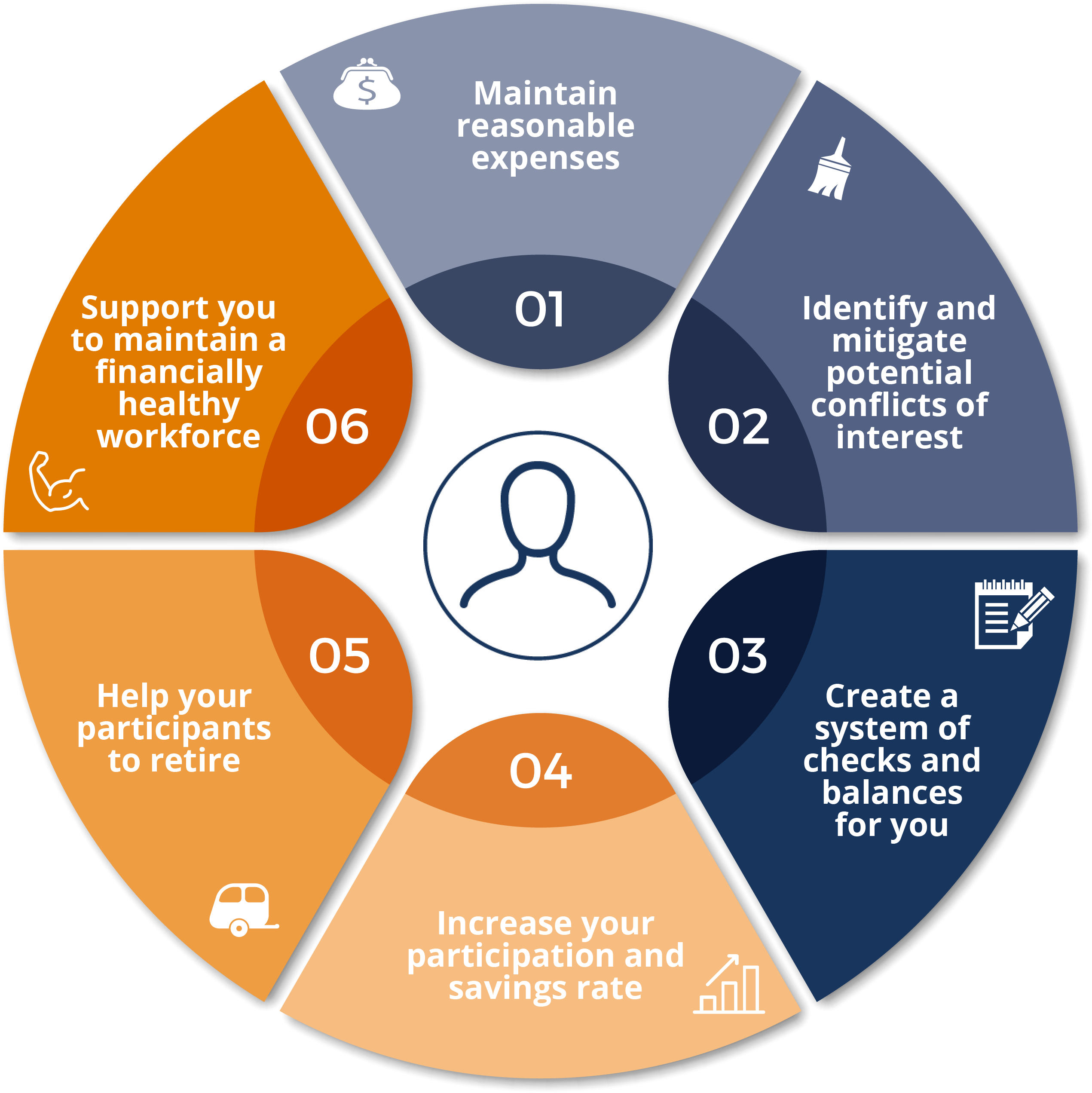Securing a comfortable and fulfilling retirement isn’t a destination you reach overnight; it’s a journey that demands thoughtful planning and proactive steps. The earlier you embark on this path, the more time you have to build a financial foundation that will support you in your golden years. Retirement may seem like a distant prospect, especially for younger individuals, but taking charge of your financial future now can alleviate stress and anxiety later. Engaging in comprehensive financial planning, you can navigate the intricacies of retirement planning and chart a course towards achieving your long-term financial goals. This proactive approach empowers you to create a vision for your desired retirement lifestyle and translate that vision into a concrete financial strategy.
Budgeting for Retirement:
Building a secure and comfortable retirement requires a solid financial foundation, and budgeting serves as the cornerstone of any successful retirement plan. The journey begins with a comprehensive assessment of your current financial landscape. This involves meticulously examining your income streams, including your salary, any side hustles, or investment returns. On the flip side, you’ll need to meticulously track your expenses, categorizing everything from essential bills like rent or mortgage payments to discretionary spending on entertainment and dining. Don’t forget to factor in your assets, such as savings accounts, investments, and the value of your home, as well as any outstanding debts like student loans or car payments.
Taking a holistic view of your income, expenses, assets, and liabilities, you gain a clear picture of your current financial standing. Armed with this knowledge, you can identify areas where you might be able to streamline your spending. Perhaps there are subscriptions you can cancel, dining experiences you can cut back on, or retail therapy sessions you can replace with more cost-effective hobbies. Every dollar saved today translates to more dollars you can redirect towards your retirement goals. Once you’ve identified areas for spending optimization, you can then craft a realistic retirement budget. This roadmap should account for essential living expenses like housing, groceries, and utilities, while also factoring in projected healthcare costs, which tend to rise as we age. Don’t forget to include funds for leisure activities, travel, and other discretionary spending that will add richness and enjoyment to your golden years.
Debt Management prior to Retirement:
The weight of debt can be a major roadblock on the path to a comfortable and secure retirement. High-interest debt, like credit card balances and personal loans, can quickly drain your financial resources through ever-accruing interest charges. This not only hinders your ability to save for retirement, but it also creates a constant burden that can impact your peace of mind. To overcome this obstacle, prioritize paying off these high-interest debts first.
Related: Debt Management Blueprint for Individuals & Businesses: Building Wealth, Not Debt
Consider consolidating your debts into a single loan with a lower interest rate, or explore options to negotiate lower rates directly with your creditors. Every dollar saved on interest translates to more money that can be channeled towards your retirement savings. Developing a plan to become debt-free before entering retirement is crucial. This will free up significant cash flow that can be used to bolster your retirement nest egg. Remember, responsible debt management is a cornerstone of achieving financial security and living a worry-free life in your golden years.
Insurance Planning:
In the golden years of retirement, having a robust insurance portfolio acts as a vital shield against unforeseen financial hardships. By carefully evaluating your insurance needs, you can create a safety net that protects your hard-earned assets and mitigates potential risks throughout your golden years. Consider essential insurance options like health insurance, life insurance, disability insurance, and long-term care insurance. Each plays a specific role in safeguarding your financial security. Health insurance provides a buffer against unexpected medical expenses, ensuring you can access necessary healthcare without facing financial ruin. Life insurance offers peace of mind by providing a financial safety net for your loved ones in the event of your passing.
Disability insurance protects your income stream if illness or injury prevents you from working, ensuring you can maintain your standard of living. Long-term care insurance helps cover the costs associated with assisted living facilities or in-home care, a significant expense that can arise as we age. When selecting insurance policies, go beyond simply choosing the cheapest option. Carefully analyze factors like deductibles (the amount you pay out of pocket before insurance kicks in), coverage limits (the maximum amount an insurance company will pay for a covered expense), and premiums (the cost of the insurance policy). Remember, your insurance needs are not static – they will evolve over time. Schedule regular reviews of your insurance coverage to ensure it continues to align with your changing circumstances and financial goals. By proactively managing your insurance portfolio, you can navigate your retirement years with greater confidence and financial security.
Estate Planning:
Estate planning is vital for preserving and transferring your assets to future generations while minimizing taxes and legal complications. Create a comprehensive estate plan that includes a will, trusts, powers of attorney, and advance directives. Designate beneficiaries for retirement accounts, investment accounts, and life insurance policies to ensure seamless asset distribution upon your passing. Consult with an estate planning attorney to draft and execute your estate plan in accordance with applicable laws and regulations. Estate planning allows you to leave a lasting legacy and provide for your loved ones after you’re gone.
Long-Term Care Planning:
Long-term care planning is an essential aspect of retirement planning, as it addresses the potential need for assistance with daily activities due to aging, illness, or disability. Evaluate your long-term care options, including in-home care, assisted living facilities, and nursing homes. Consider purchasing long-term care insurance to cover the costs of future care needs and protect your assets from depletion. Explore alternative funding sources, such as Medicaid or personal savings, to supplement long-term care insurance coverage. Long-term care planning ensures that you receive the care and support you need while preserving your financial independence and dignity.

Emphasizing Holistic Financial Planning:
Holistic financial planning encompasses all aspects of your financial life and considers how each component impacts your overall financial well-being. By integrating budgeting, debt management, insurance planning, estate planning, and long-term care planning into your retirement strategy, you can create a comprehensive roadmap for achieving your retirement goals. Take a proactive approach to financial planning by regularly reviewing and adjusting your plan as needed to accommodate changes in your life circumstances, financial goals, and market conditions. Seek guidance from financial professionals, such as financial advisors, tax professionals, and estate planning attorneys, to ensure that your retirement plan is robust, efficient, and aligned with your values and objectives.
Conclusion:
Financial planning for retirement is a multifaceted process that requires careful consideration, strategic decision-making, and ongoing management. By addressing key areas such as budgeting, debt management, insurance planning, estate planning, and long-term care planning, you can build a solid foundation for a secure and comfortable retirement. Embrace an approach to financial planning that considers all aspects of your financial life and incorporates strategies to protect and grow your wealth over time. Start planning for your retirement today to secure a brighter future for yourself and your loved ones.



